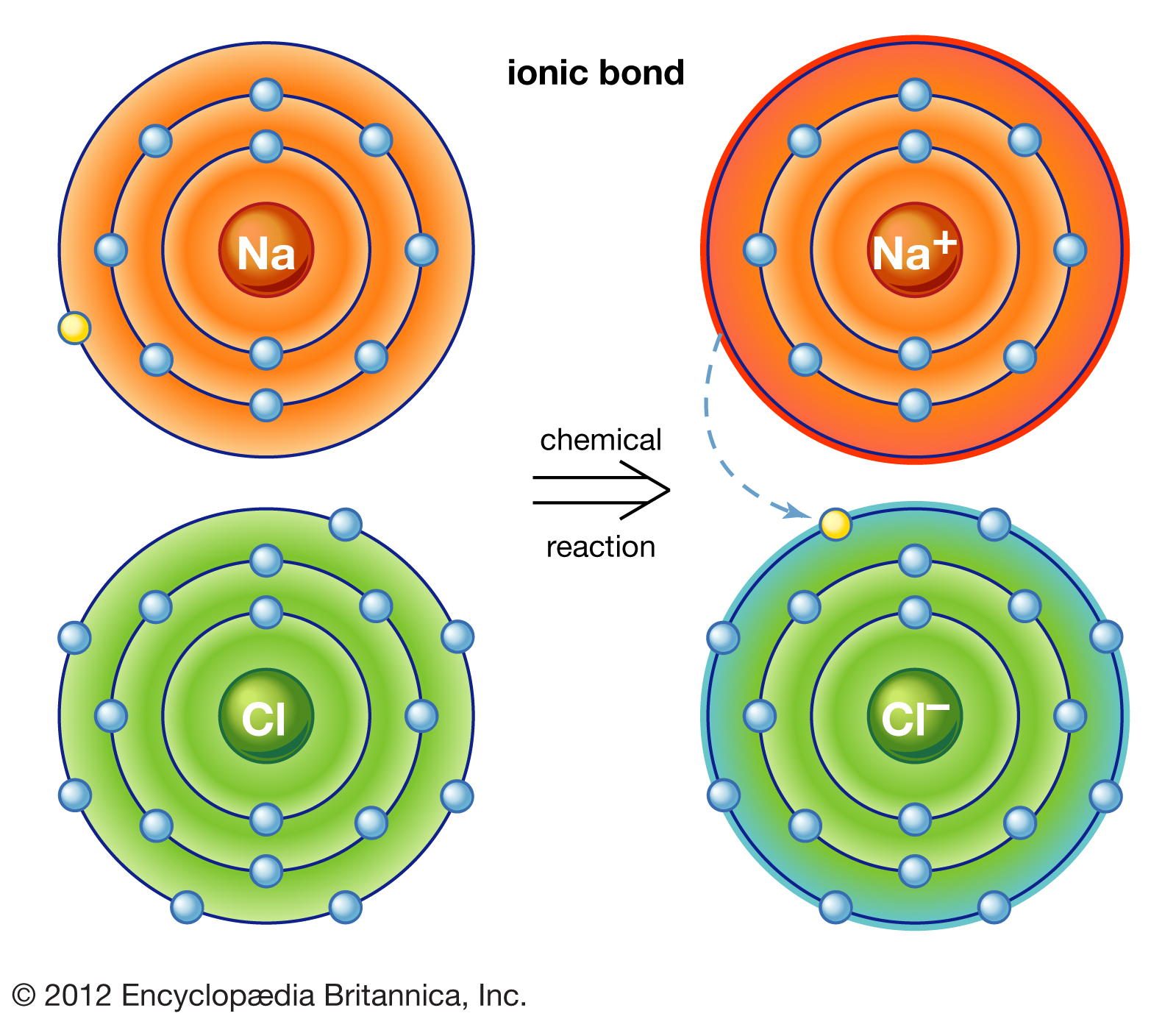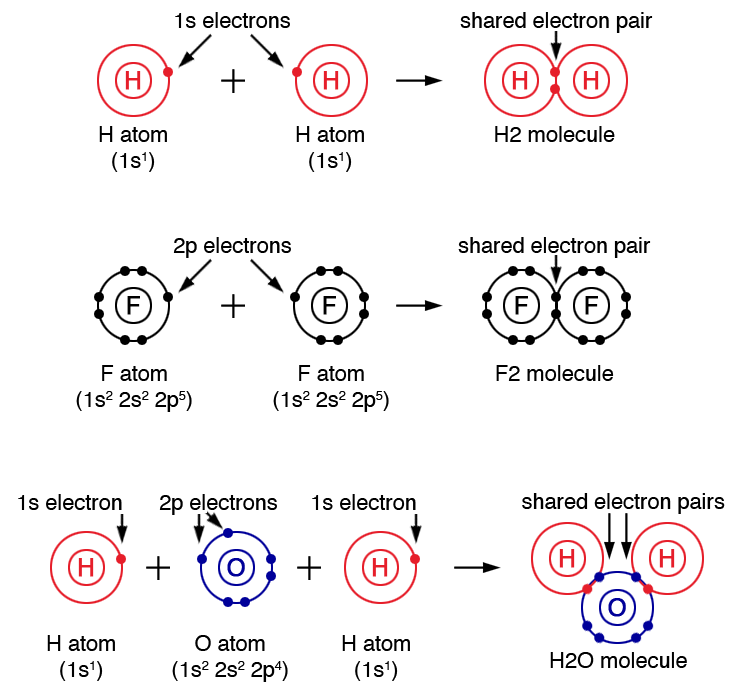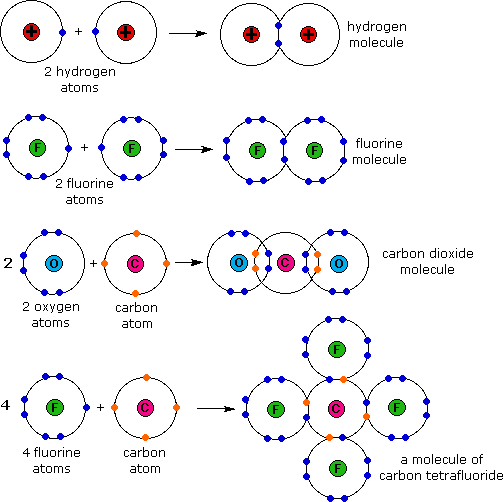Which Pair Of Atoms Can Form An Ionic Bond
Which Pair Of Atoms Can Form An Ionic Bond - Compounds composed of ions are called ionic compounds (or salts), and their constituent ions are held together by ionic bonds electrostatic forces. As you have learned, ions are atoms or molecules bearing an electrical charge. A cation (a positive ion) forms when a neutral atom loses one or more. In modern language, the central idea of an ionic bond is that electrons (one or more, depending on the element) were transfered between the outer rings.
A cation (a positive ion) forms when a neutral atom loses one or more. In modern language, the central idea of an ionic bond is that electrons (one or more, depending on the element) were transfered between the outer rings. As you have learned, ions are atoms or molecules bearing an electrical charge. Compounds composed of ions are called ionic compounds (or salts), and their constituent ions are held together by ionic bonds electrostatic forces.
Compounds composed of ions are called ionic compounds (or salts), and their constituent ions are held together by ionic bonds electrostatic forces. As you have learned, ions are atoms or molecules bearing an electrical charge. A cation (a positive ion) forms when a neutral atom loses one or more. In modern language, the central idea of an ionic bond is that electrons (one or more, depending on the element) were transfered between the outer rings.
chemistry knowledge Comparison between Covalent and Ionic Bond
In modern language, the central idea of an ionic bond is that electrons (one or more, depending on the element) were transfered between the outer rings. Compounds composed of ions are called ionic compounds (or salts), and their constituent ions are held together by ionic bonds electrostatic forces. As you have learned, ions are atoms or molecules bearing an electrical.
CH150 Chapter 4 Covalent Bonds and Molecular Compounds Chemistry
As you have learned, ions are atoms or molecules bearing an electrical charge. Compounds composed of ions are called ionic compounds (or salts), and their constituent ions are held together by ionic bonds electrostatic forces. A cation (a positive ion) forms when a neutral atom loses one or more. In modern language, the central idea of an ionic bond is.
Covalent bonds Learning Lab
In modern language, the central idea of an ionic bond is that electrons (one or more, depending on the element) were transfered between the outer rings. A cation (a positive ion) forms when a neutral atom loses one or more. Compounds composed of ions are called ionic compounds (or salts), and their constituent ions are held together by ionic bonds.
Ionic Bond — Formation & Compounds Expii
As you have learned, ions are atoms or molecules bearing an electrical charge. Compounds composed of ions are called ionic compounds (or salts), and their constituent ions are held together by ionic bonds electrostatic forces. In modern language, the central idea of an ionic bond is that electrons (one or more, depending on the element) were transfered between the outer.
Expanded Electron Configuration of Chlorine Womack Thille
Compounds composed of ions are called ionic compounds (or salts), and their constituent ions are held together by ionic bonds electrostatic forces. In modern language, the central idea of an ionic bond is that electrons (one or more, depending on the element) were transfered between the outer rings. A cation (a positive ion) forms when a neutral atom loses one.
Which pair of atoms form strongest ionic bond? Filo
Compounds composed of ions are called ionic compounds (or salts), and their constituent ions are held together by ionic bonds electrostatic forces. As you have learned, ions are atoms or molecules bearing an electrical charge. In modern language, the central idea of an ionic bond is that electrons (one or more, depending on the element) were transfered between the outer.
What Happens When Two Nitrogen Atoms Share Electrons MarisolkruwLee
A cation (a positive ion) forms when a neutral atom loses one or more. As you have learned, ions are atoms or molecules bearing an electrical charge. Compounds composed of ions are called ionic compounds (or salts), and their constituent ions are held together by ionic bonds electrostatic forces. In modern language, the central idea of an ionic bond is.
Ionic Bond Definition and Examples
Compounds composed of ions are called ionic compounds (or salts), and their constituent ions are held together by ionic bonds electrostatic forces. In modern language, the central idea of an ionic bond is that electrons (one or more, depending on the element) were transfered between the outer rings. As you have learned, ions are atoms or molecules bearing an electrical.
What Is An Ionic Bond Sciencing Ionic Bonding Ionic Chemical Bond
Compounds composed of ions are called ionic compounds (or salts), and their constituent ions are held together by ionic bonds electrostatic forces. A cation (a positive ion) forms when a neutral atom loses one or more. As you have learned, ions are atoms or molecules bearing an electrical charge. In modern language, the central idea of an ionic bond is.
Atoms of which pair of elements will form ionic bonds in a compound
In modern language, the central idea of an ionic bond is that electrons (one or more, depending on the element) were transfered between the outer rings. As you have learned, ions are atoms or molecules bearing an electrical charge. Compounds composed of ions are called ionic compounds (or salts), and their constituent ions are held together by ionic bonds electrostatic.
Compounds Composed Of Ions Are Called Ionic Compounds (Or Salts), And Their Constituent Ions Are Held Together By Ionic Bonds Electrostatic Forces.
In modern language, the central idea of an ionic bond is that electrons (one or more, depending on the element) were transfered between the outer rings. A cation (a positive ion) forms when a neutral atom loses one or more. As you have learned, ions are atoms or molecules bearing an electrical charge.








.PNG)
